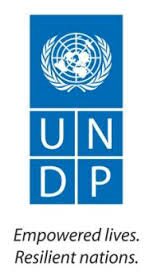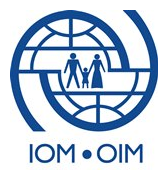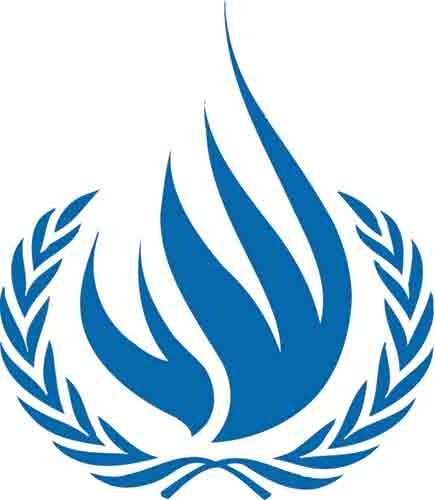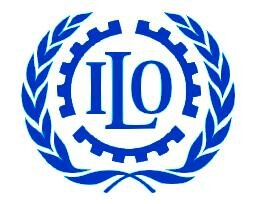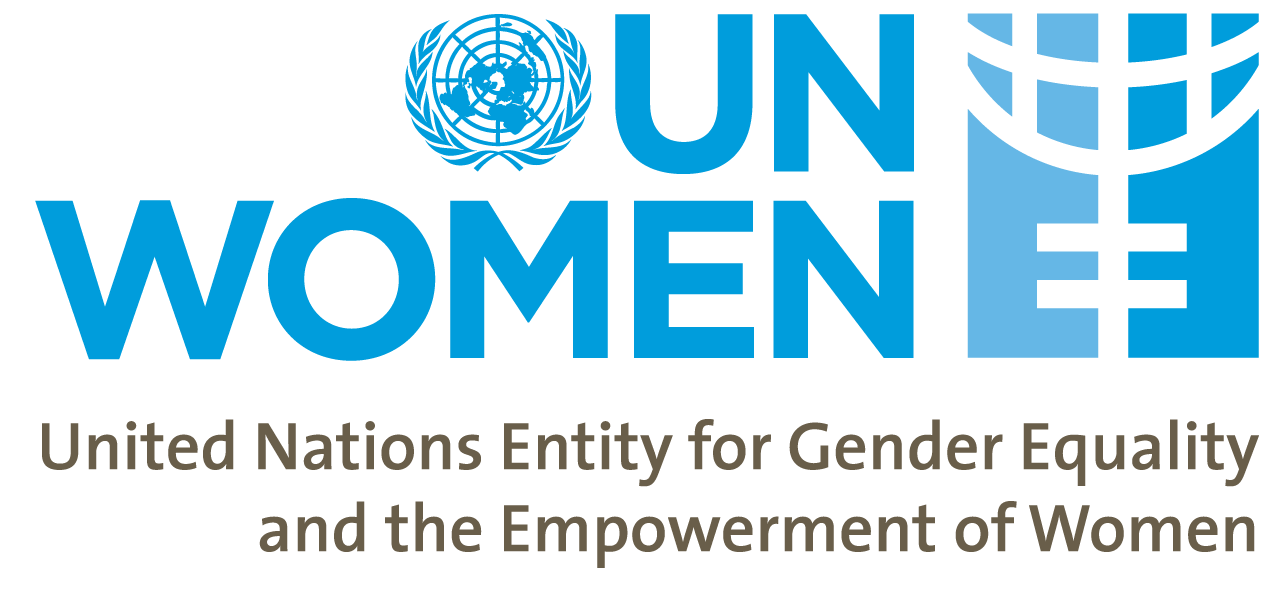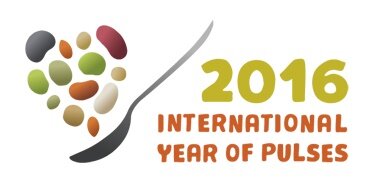Equality Means Business – UN Women Launches Training Initiative with the Private SectorBack

Training session on the Women's Emprowerment Principles; Photo: UN Women/Gvantsa Asatiani
“Being told that you are ‘not a real man’”, “ridicule”, “being seen as a bad mother” - UN Women is conducting an exercise with private sector representatives at the headquarters of TBC Bank, one of the country’s largest banks.
The participants have been asked to brainstorm examples of what women and men can face when they go against gender norms and stereotypes. The exercise leads on to a presentation of how stereotypes relate to discrimination in the workplace, as well as guidelines and promising examples of how such discrimination can be tackled.
The discussion was part of UN Women Georgia’s pilot training on how to promote gender equality and women’s empowerment in the workplace, the marketplace and the community. The training was based on the UN Women and UN Global Compact guidelines for the corporate sector, known as the Women’s Empowerment Principles. The purpose of the training, which targets management staff, was to promote responsible business practices and women’s economic empowerment.
Anna Trapaidze, from the micro finance institution CREDO, spoke about the day, saying, "CSR and women’s empowerment are very important issues. I came to the training today because I want concrete tools for how to promote gender equality in our business".
In Georgia, women are over-represented in low paying sectors and positions; the average nominal monthly salary of women is 589 GEL compared to 940 for men. Sexual harassment is not clearly regulated by the Labour Code and more than three times as many men as women are employing entrepreneurs, while more than twice as many women than men are unpaid family workers. As the largest employer in Georgia, the private sector has the chance to play a crucial role in strengthening women’s participation and position in the economy. At the same time, they have the opportunity to broaden their talent pool: Female graduates of higher education outnumber male graduates and research shows that management and staff diversity is good for business.
Etuna Zhvania, from TBC Bank, explained what she took from the training, "We will bring with us the tools we got today to analyze the current situation and plan and implement efforts to promote gender equality. CSR and gender equality must be part of the business culture".
The pilot training session on the Women’s Empowerment Principles was organized by UN Women in Georgia in collaboration with the CSR Club, a network of 70 businesses and other stakeholders. The pilot, involving 16 participants, served to gather input from the private sector as well as NGOs with experience of training on labor and women’s rights. The inputs will be used to finalize a training manual. During the spring of 2016, UN Women will partner with further business networks and associations to deliver trainings and provide follow-up support to implement the seven Women’s Empowerment Principles.


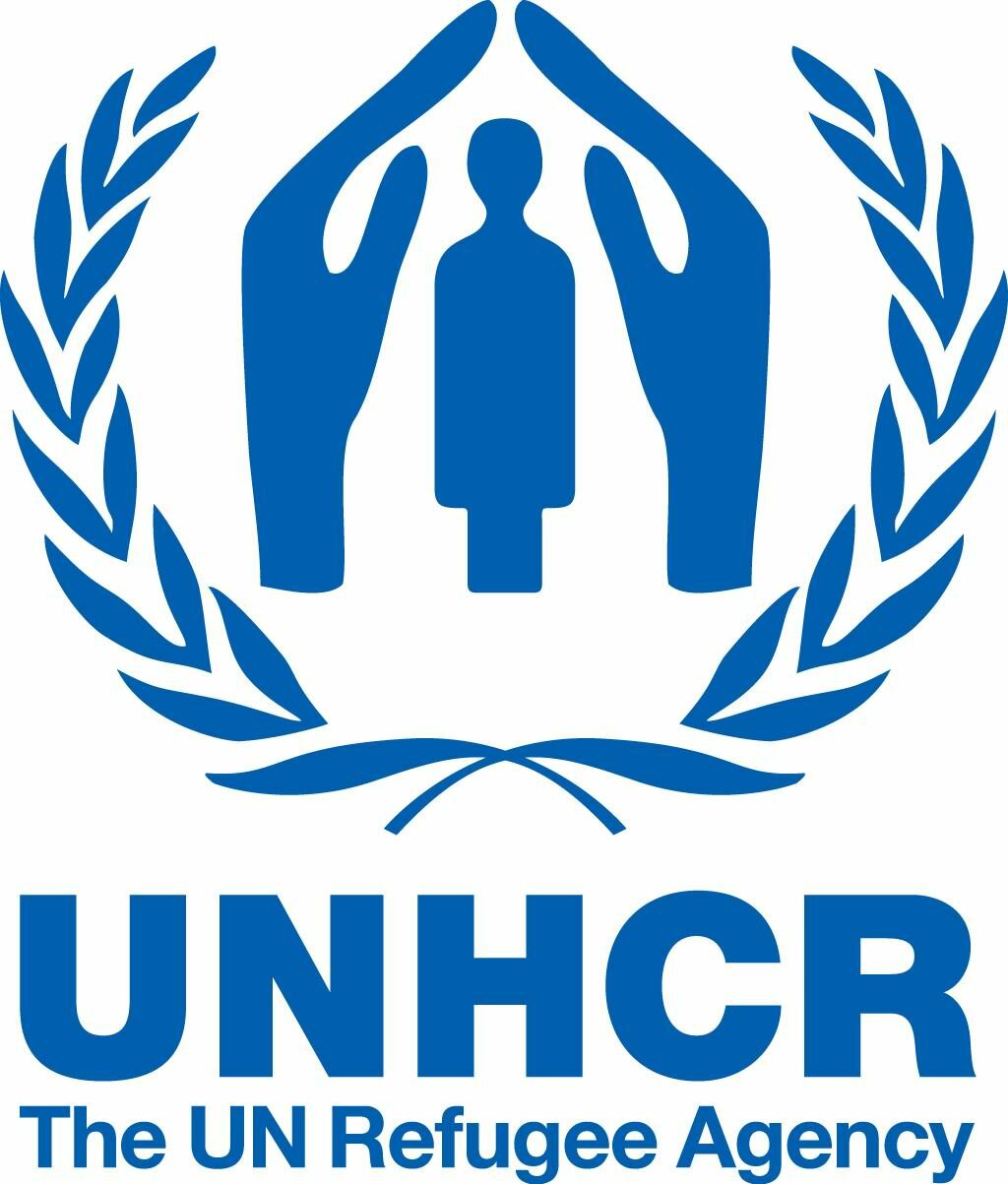
.jpg)

